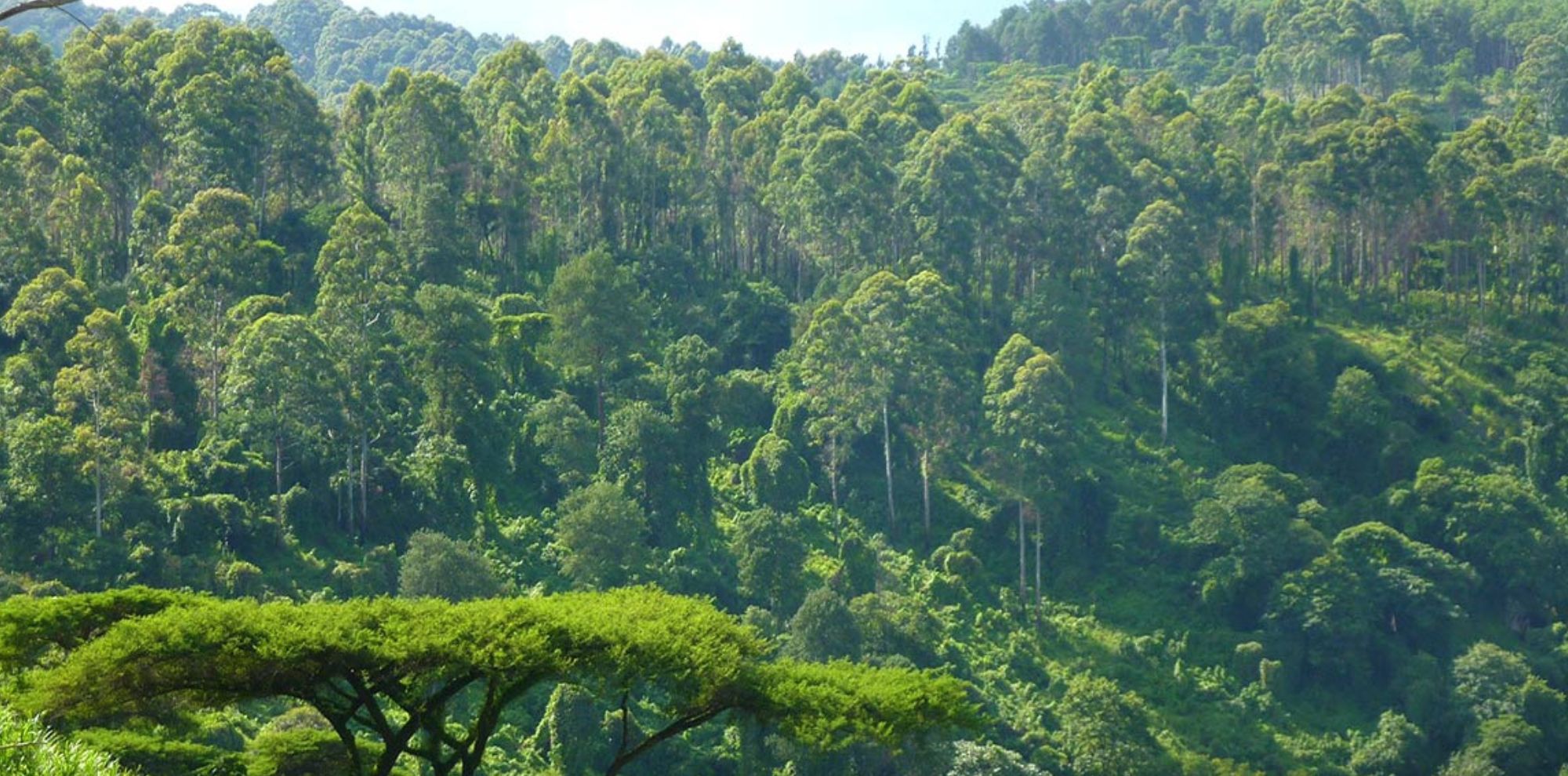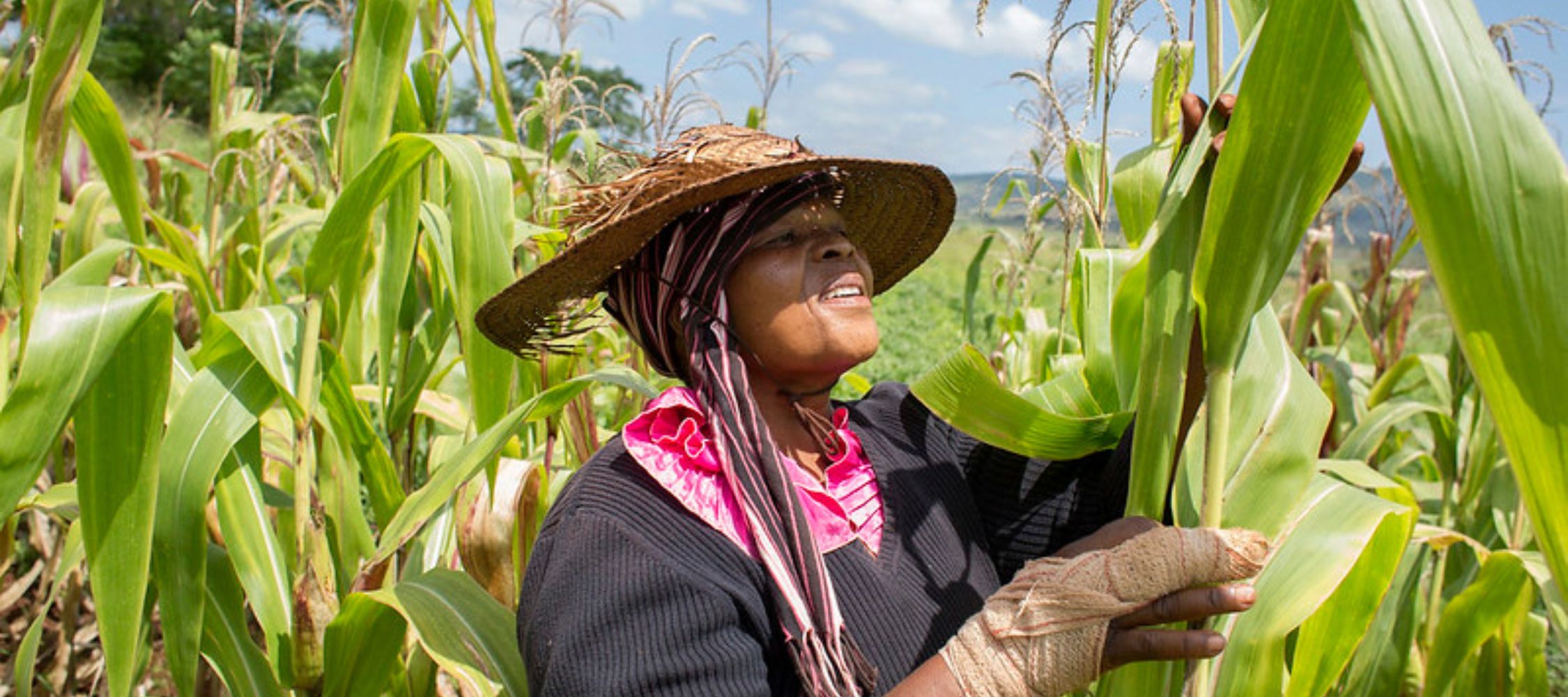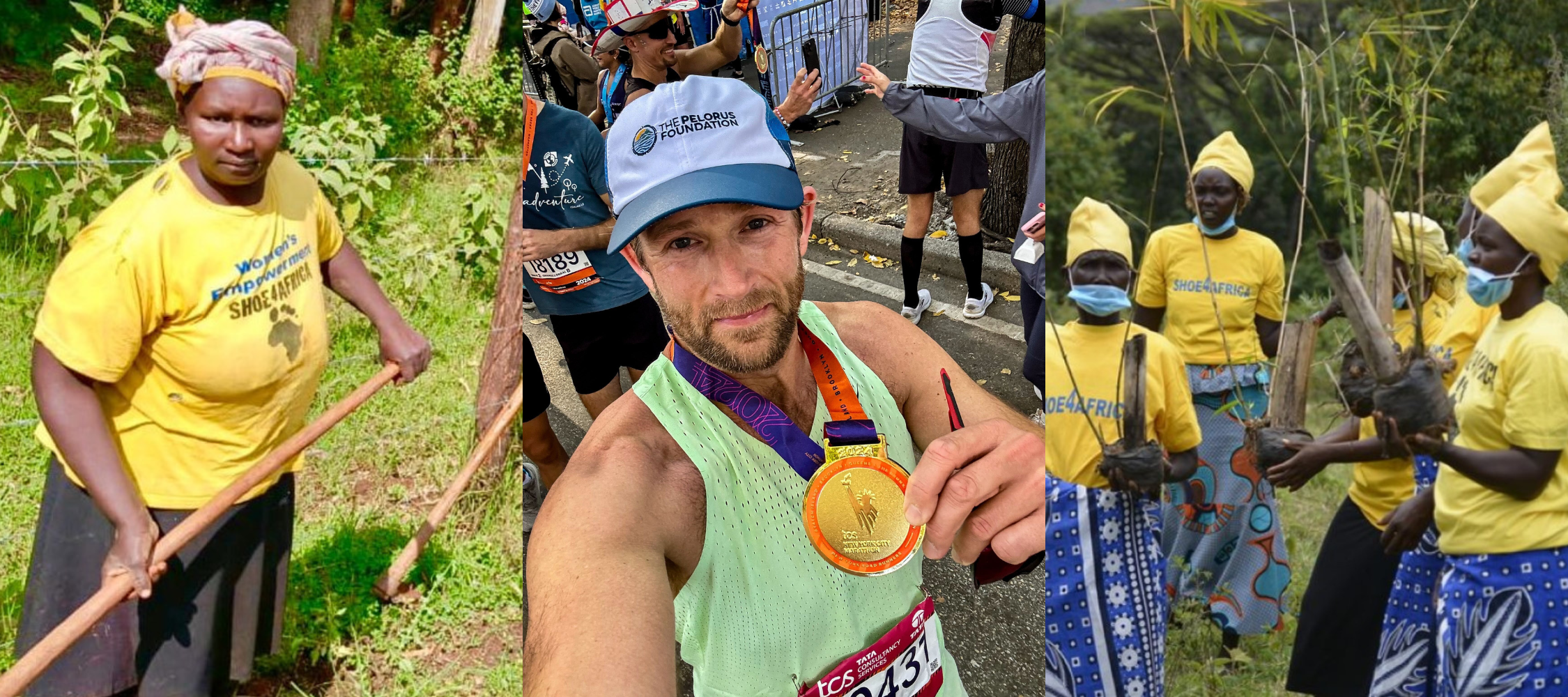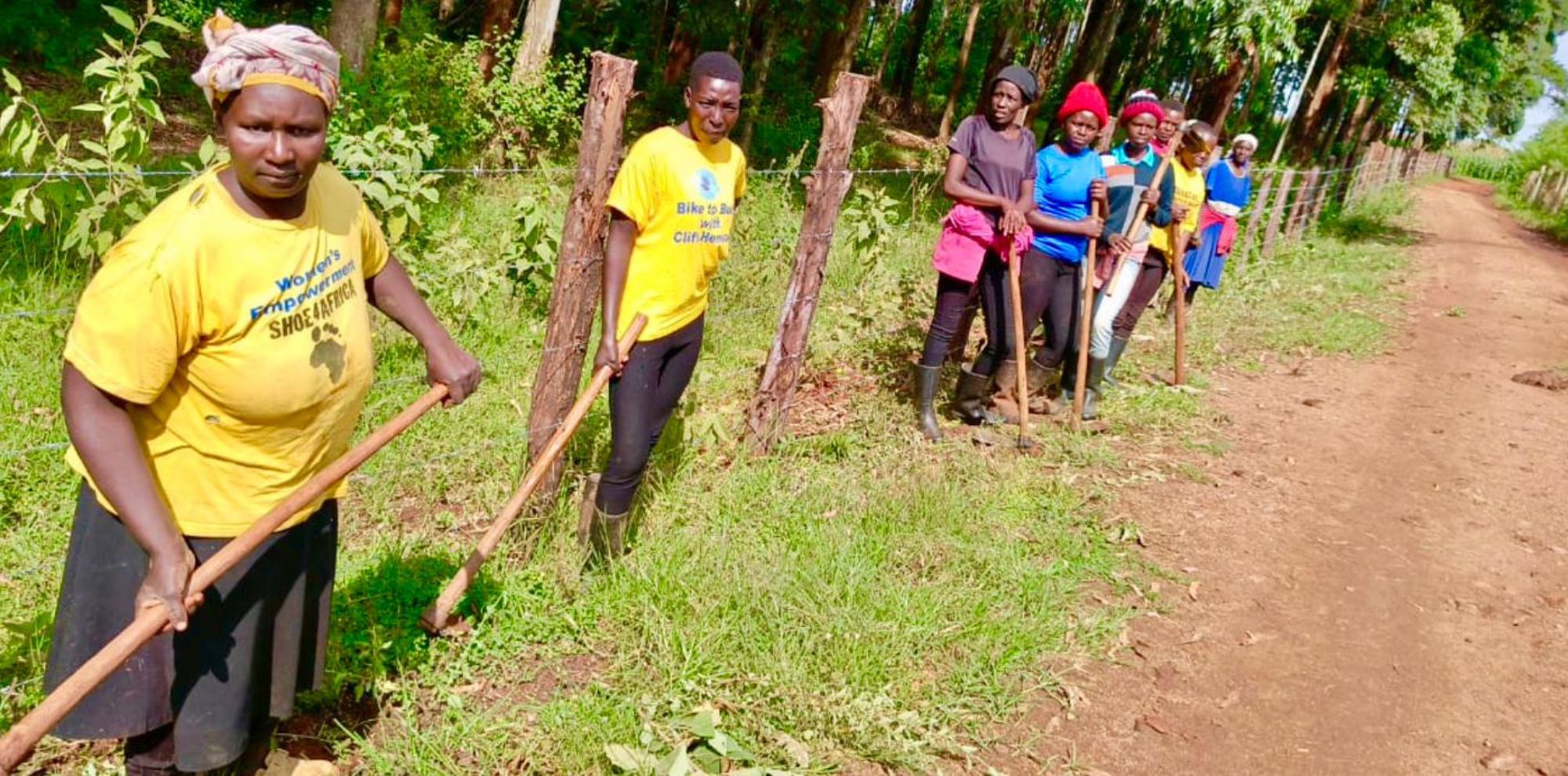Meanwhile, from above, another threat loomed: eagles, equally majestic and deadly. In broad daylight, they swooped down to village compounds, snatching up chickens in full view of the farmers. For a rural family, losing even one chicken can mean the loss of protein, a child's school fee, or the next generation of flock.
Tensions were boiling. Livelihoods were crumbling. And the forest was on the verge of destruction.
But then, your support to Jimmy's run reached them.
Thanks to your help, a transformation began. The ancient 120 acre indigenous forest has started to become preserved, and local farmers received the tools and knowledge to protect their livelihoods-without harming the wildlife they share the land with.







